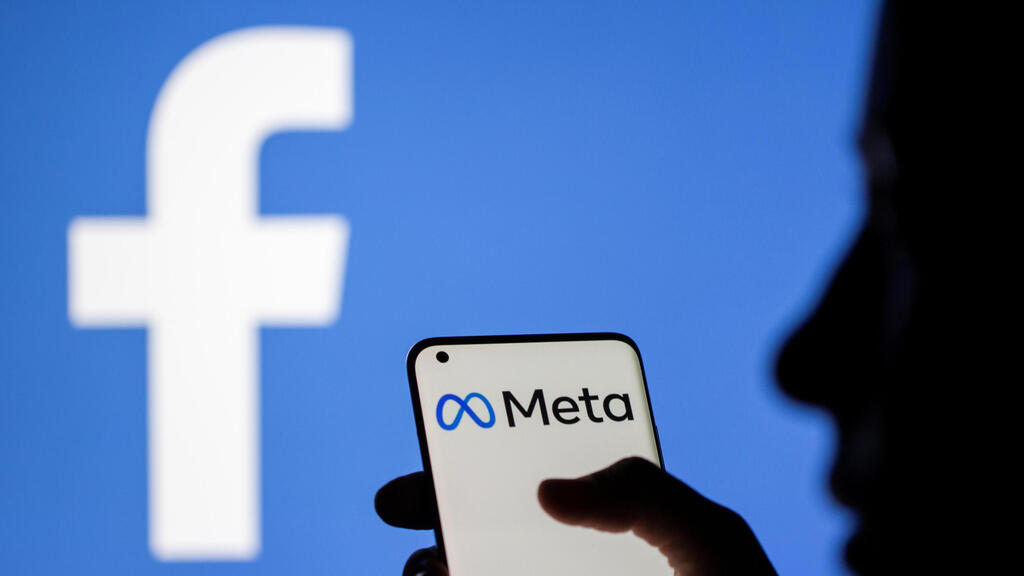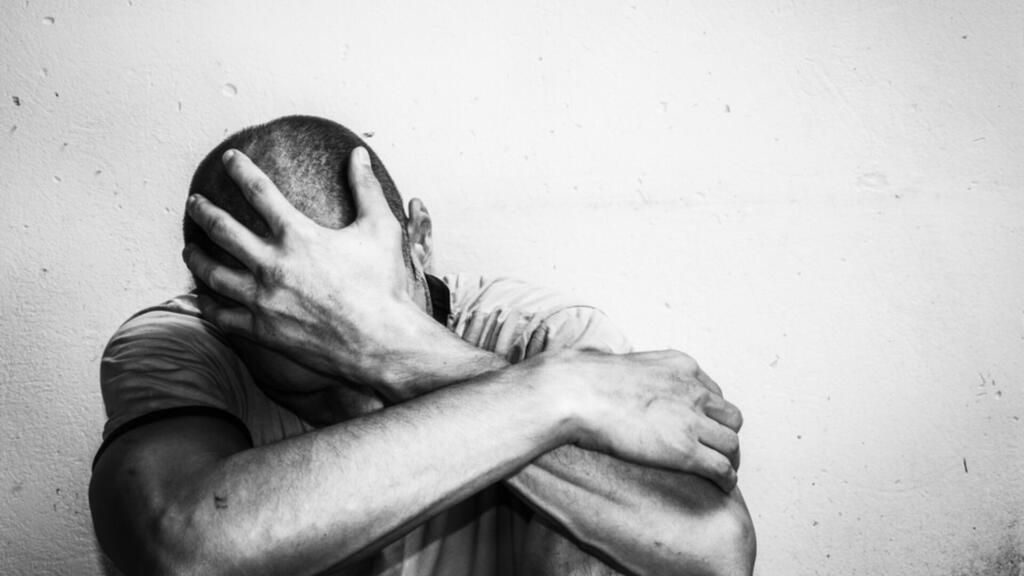A forthcoming study co-authored by a Tel Aviv University researcher appears to confirm widespread fears about the negative impact of Facebook, the world's biggest social media platform, on its users' mental health and self-image.
The study on "Social Media and Mental Health," led by Dr. Roee Levy of the Berglas School of Economics at Tel Aviv University together with colleagues Prof. Alexey Makarin and Prof. Luca Braghieri, zeroed in on the mental health trends of U.S. college students, the network's original target demographic, during the first two-and-a-half years of its operation (2004-2006).
A detailed examination of data showed a correlation between a "statistically significant worsening in mental health symptoms, especially depression and anxiety" and the rapid introduction of the social media network.
Some of the benchmarks include a 20% rise in those who reported anxiety disorders; an increase of 25% to 27% in the proportion of students expected to experience moderate to severe depression; an additional 7% of students experienced "severe depression" since gaining access to the network.
The introduction of Facebook, the study found, led to increased utilization of mental healthcare services.
Levy noted various instances of a correlation between a social life increasingly mediated by Facebook at the expense of real-world interaction and deterioration of students' self-image.
One example is the "greater negative impact on the mental health of students who lived off-campus and were consequently less involved in social activities, and a greater negative impact on students with credit card debts who saw their supposedly wealthier peers on the network."
The paper will be published in the American Economic Review and was awarded a prize at the 2022 Economic Society European Meeting.



